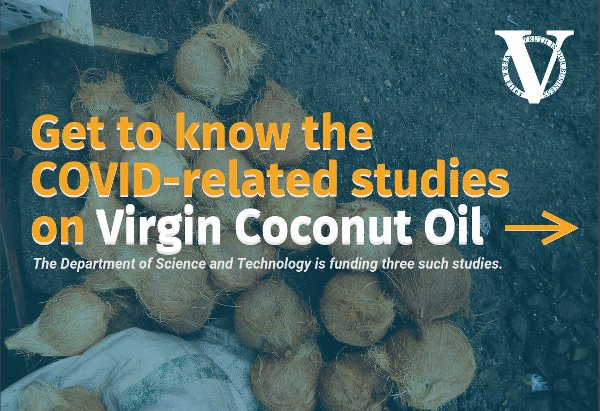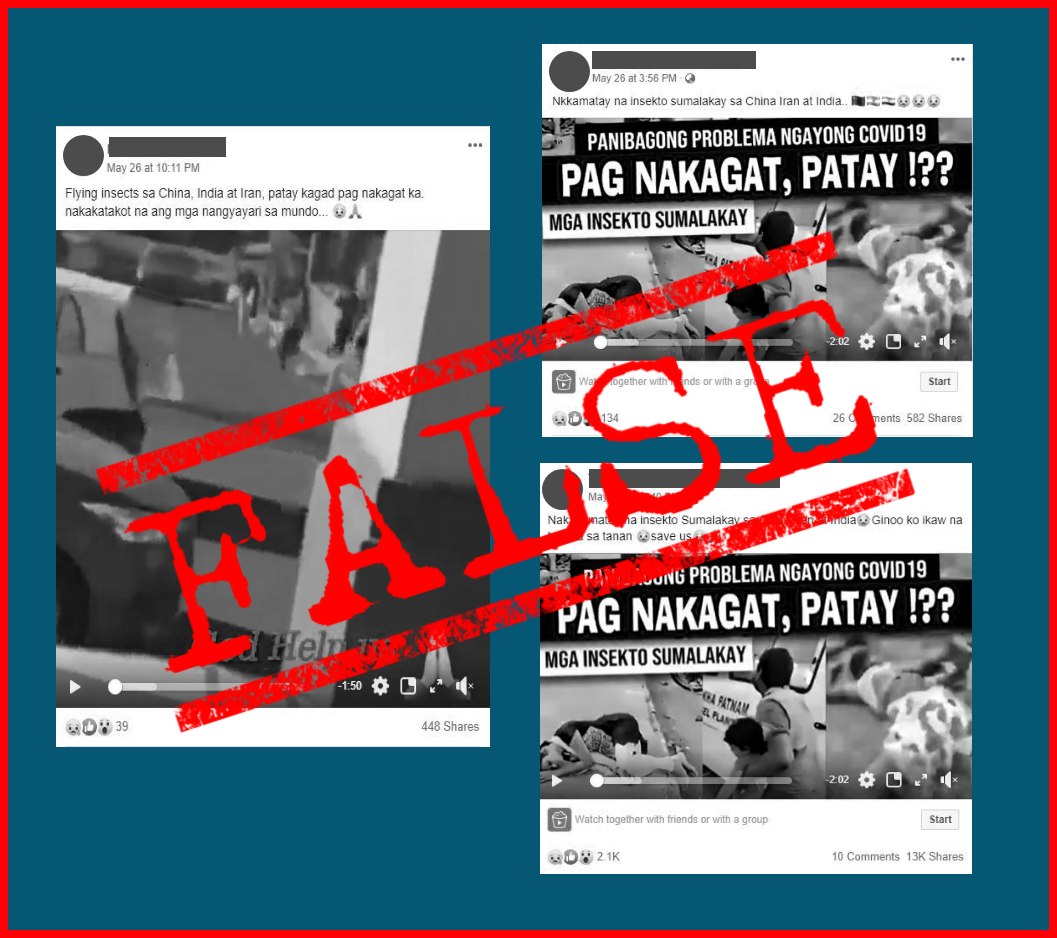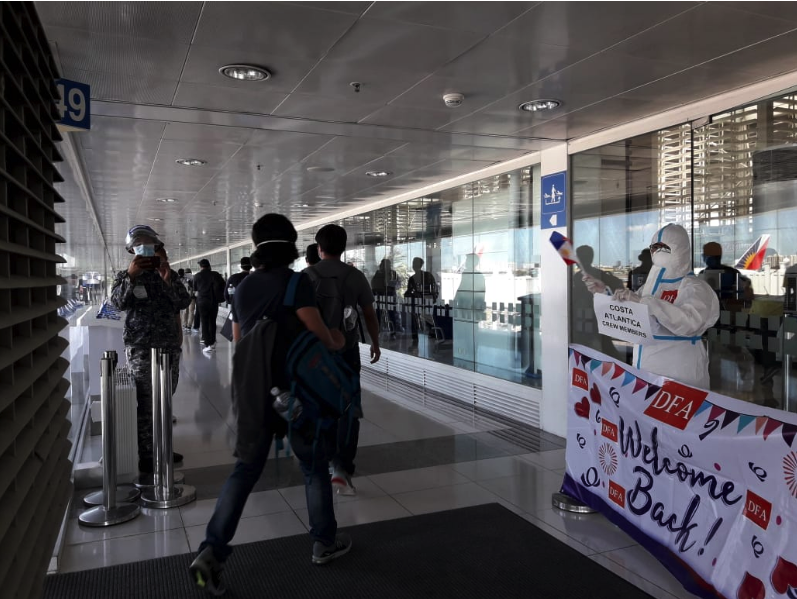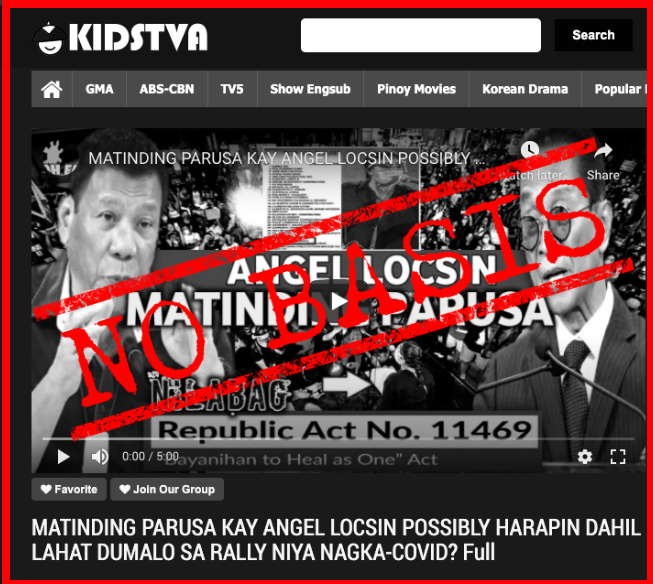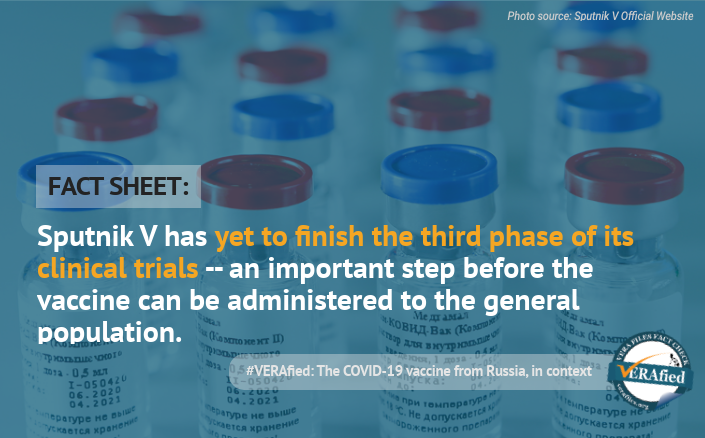Coconut oil, a major Philippine export, is gaining renewed attention for its potential antiviral properties against the coronavirus disease (COVID-19), which has already claimed more than 2.4 million lives globally.
Virgin coconut oil (VCO), taken as a food supplement, was found to help “decrease the symptoms” of COVID-19 in patients in a 28-day period community-based study conducted by the Department of Science and Technology (DOST) Food and Nutrition Research Institute (FNRI).
The test was done in a community hospital in Sta. Rosa, Laguna involving 57 probable and suspect COVID-19 individuals. About half (29 participants) consumed meals with VCO while the other half (28 participants) did not.
“After 28 days of consuming meals with VCO, the study team observed that as early as the second [day] of the trial, participants in the intervention group exhibited a significant decline in the classical symptoms of COVID-19 (cough, fever, the difficulty of breathing),” DOST-FNRI director Imelda Angeles-Agdeppa told VERA Files in an email.
She said the persistence of symptoms in the same group “ceased” on the 18th day of intervention based on the levels of C-reactive protein, which indicates acute inflammation in the body.
“It is an adjunct supplement para maibsan ang sintomas ng ating suspect and probable cases ng COVID-19 para hindi tutuloy na maging severe case. Hindi po siya treatment,” Agdeppa said in a Dec. 3 webinar about the research.
(It is an adjunct supplement to ease the symptoms of suspect and probable COVID-19 cases so that it won’t become a severe case. It’s not a treatment.)
A similar study will be conducted at the Valenzuela City Emergency Hospital and Dalandanan National High School Isolation Facility, which Agdeppa said is currently recruiting 120 participants who have confirmed positive RT-PCR tests.
She also told VERA Files in an email interview that in the upcoming Valenzuela trials, instead of incorporating VCO with the meal, it will be administered orally using a calibrated medicine glass.
DOST is also funding another clinical study to look at VCO’s effects on hospitalized COVID-19 patients at the Philippine General Hospital in Manila, which is considering including some patients with comorbidities or pre-existing medical conditions.
The need for speed
The genesis of local COVID-related studies on VCO can be traced back to Jan. 31, 2020ㄧjust a day after the World Health Organization (WHO) declared the outbreak in Wuhan, China a public health emergency of international concern.
Fabian Dayrit, professor emeritus at the Ateneo de Manila University, and Mary Newport, a neonatal practitioner at Spring Hill Regional Hospital in Florida, proposed a clinical study to include VCO in the standard care for COVID-19 patients to see whether it can prevent viral and microbial infection.
Ahead of any available research on the severe acute respiratory syndrome coronavirus 2 (SARS-CoV-2), the virus that causes COVID-19, Dayrit and Newport posited that monolaurin and lauric acid, compounds which come from coconut oil, may be active agents against the COVID virus.
“Early January, in fact December 30, there were already reports about this Wuhan virus… and you could see that it was going to spread,” Dayrit told VERA Files in an interview.
“I found that there were about seven or eight articles that talked about specifically antiviral properties of compounds from coconut oil. Some of the early articles were from 1980 pa, they were doing it on other viruses. Now we have to find out, is that the same for SARS-CoV-2?” he added.
The literature, he said, showed that the same compounds were active against several other viruses such as the human immunodeficiency virus 1 (HIV-1), Junin virus (JUNV), the respiratory syncytial virus (RSV), and the human parainfluenza virus type 2 (HPIV2).
On March 17, 2020, when the Philippines imposed stay-at-home measures, the DOST began its support for Dayrit’s in vitro study, or test tube experiments. The department announced the initial results in October 2020 which showed that the compounds decreased the coronavirus by 60 to 90% at low viral count.
With new SARS-CoV-2 variants being discovered, Dayrit said coconut oil “may still be effective” since the mechanisms being studied are independent of proteins and so, should also be independent of mutations.
In his in vitro study, Dayrit looked into two main mechanisms of coconut oil against SARS-CoV-2.
The first mechanism, he describes, is similar to the chemical basis for washing one’s hands with soap, which is a surfactant, a compound that “makes the molecules slipperier, so they are less likely to stick to themselves and more likely to interact with oil and grease.” Monolaurin acts like a surfactant that directly “attacks” and “destroys” the virus membrane which is a lipid or an oily-type organic compound.
The second mechanism happens inside the cell: Lauric acid inhibits the development of the virus but only in a “dose-dependent and reversible manner.” Dayrit said this means that “it only works if the virus concentration is not so high” and the antiviral property disappears when lauric acid is removed.
“When there’s a mutation, [or] changes in RNA, the instruction changes, [and] the proteins change also. None of the mechanisms work on the proteins of the virus… Destroying the virus outside the membrane attacks the membrane, not the proteins,” he said.
This, however, needs to be supported with more clinical studies.
Asked how the pandemic changed the way he worked as a scientist, Dayrit told VERA Files: “I guess the effect would be you need to learn more about… the immune system, virology, metabolism because that’s what you have to know well to be able to advise how VCO might be useful.”
He added: “Three months ago they weren’t talking about mutations, now they talk about it everyday so you have to follow it everyday. You have to read a lot more.”
Looking for the science behind coconut oil
Coconut oil has not always been well-received outside of Asia, which produces and exports the bulk of the commodity.
The American Heart Association (AHA), in a presidential advisory in 2017, warned against coconut oil claiming that it is unhealthy because it raises low-density lipoproteins (LDL), also known as “bad cholesterol” and it also increases the risk of cardiovascular disease as a saturated fat.
So apart from studying its chemistry, Dayrit’s advocacy is about “looking for the science that supported the health claims on coconut oil.”
He debunked AHA’s claims in several publications, saying that there is a distinction between coconut oil and animal fat contrary to the misleading view that they are all the same saturated fat. The former is 65% “medium-chain” saturated fat which means that it contains only a small proportion of unsaturated fat and very little cholesterol, while the latter contains 40 to 50% of “long-chain” saturated fat.
Dayrit’s research interest in coconut oil began during his first chemical analysis of its fatty acid profiles, around the time when his father, Conrado Dayrit, did a study on the effects of monolaurin on HIV-AIDS patients at San Lazaro Hospital.
“In the late 1990s, in ‘97 and ‘98, that was when he [Conrado Dayrit] was doing the first studies of using coconut oil on HIV. Actually at the time, they were still using minola, (there was still no VCO then),” he said.
In 2007, the younger Dayrit became part of the technical working group that established the Philippine National Standard (PNS) for VCO. Under this standard, VCO is defined as oil obtained from the fresh, mature kernel of the coconut through “mechanical or natural means.” The standard differentiates VCO from the refined, bleached, and deodorized oils and from the cooking oils.
While the DOST-supported tests on the use of VCO as supplemental treatment for COVID-19 have shown good results, the reports on these trials have been put in a bad light.
The findings from these trials attracted a flurry of misinformation, which purported the coconut fruit as “a cure” and “could be the vaccine” against COVID-19, claims the DOST never made.
Dayrit said coconut oil, which comes from cold-pressed coconut, is “only a precursor” and by itself is not antiviral. “Enzymes in your body will start to break it down and one of the products is monolaurin and then it will be further broken down into lauric acid.”
The pandemic may not erase the negative perception of coconut oil but it “will highlight its beneficial properties” according to Dayrit, who is also president of the Integrated Chemists of the Philippines.
He added: “It will take a long time to actually give evidence. It’s better to consider it a functional food. It’s supposed to enhance your well-being.”
VCO may also not be advisable for those with hypercholesterolaemia, which is a condition where there are elevated amounts of cholesterol in the blood. Dayrit said it is a “dysfunction” wherein your body cannot manage cholesterol or the inability to metabolize fat properly.
DOST-FNRI also emphasized that VCO is not meant as an alternative to the COVID-19 vaccines but as “an effective adjunct therapy to reduce the symptoms and eventual progression” of the disease.
“During the inception of the study, the availability of the vaccines was still far from the horizon so, what we had in mind is that after the trial, we will be able to offer an affordable and locally available medicament for COVID-19,” Agdeppa said.
A global effort on coconut oil research
Although the Sta. Rosa trials had “a good result,” the number of subjects was not convincing enough and more clinical studies need to be done on coconut oil, according to Dayrit.
Around the world, the Philippines is the first country to do multiple studies on the effectiveness of coconut oil against COVID-19. Currently, Indonesia is doing a similar study on VCO as a potential adjuvant therapy among COVID-19 patients with mild to moderate pneumonia symptoms for 14 days.
“That’s something we can be proud of. We’re advocating that all of the coconut-producing countries do the same clinical studies. Hindi lang sa Pilipinas (Not only in the Philippines),” Dayrit said. “It should be a global effort.”
Dayrit, who is a member of the International Coconut Community, said if each country can contribute 60 to 100 patients and follow the protocol currently being developed by the DOST-FNRI, then there can be better statistical results.
The said protocol, according to Agdeppa, is under review by the FNRI Institutional Ethics Review Committee.
While potential annual vaccinations against new coronavirus mutations may still be expensive for the Philippines, Dayrit said: “One experiment we can actually do is whether taking VCO with it [vaccine], maybe even improve the efficacy of the vaccine even more.”
He added that the arrival of the vaccines also does not mean that the research on other treatments and therapeutics such as with VCO will discontinueーin the same way health practices such as physical distancing and mask-wearing should not be abandoned.
(This story was produced under a Health Fellowship program carried out by VERA Files with support from Facebook. Find out more about this project here.)
